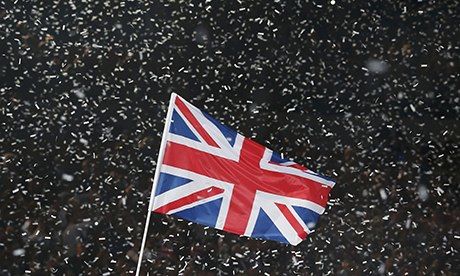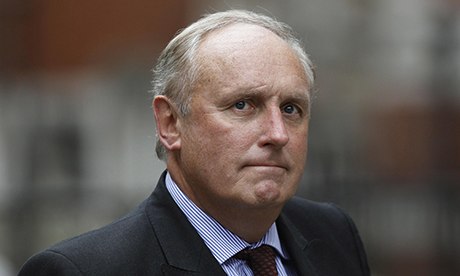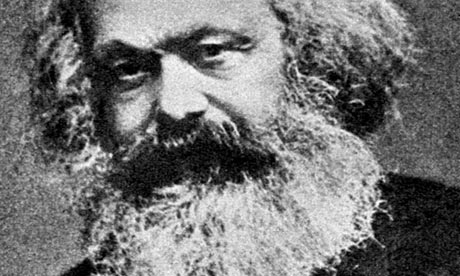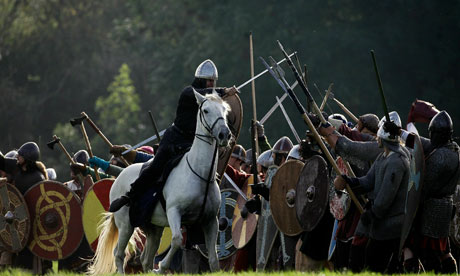
'Nationalism depends on a kind of exceptionalism.' Photograph: Murad Sezer/Reuters
Do you love your country? When Keith Vaz, the MP who chairs the home affairs committee put the question to the Guardian's editor-in-chief, Alan Rusbridger, midway through yesterday's evidence session on the NSA leaks, it was, almost certainly, meant helpfully. It was that lawyerly thing of getting out into the open the answer to the opposition's charge (the rather hefty one of treason) before the opposition had a chance to put it themselves. Cue unqualified affirmation!
But do you love your country? Well do you? Quite right, it's a trick question. The answer's not what you say, or even the way that you say it. The answer is in the pause between the end of the question and the start of the answer. If you need to stop and think about it, then you might just as well say no. You almost certainly don't love your country in the way that the person who asked the question meant.
All the same, it's a question that needs answering. Because the more nebulous the idea of country becomes – the more multi-layered national identity and the less certain national boundaries – the more important it is to understand how you identify yourself, if only to see off the people who want the answer to be an unqualified yes, delivered with all the plausibility of a besotted suitor. Just see the Mail's attack on Ed Miliband's father to see how potent it can be. The question can't be avoided, so it has to be reframed.
People have been making communities probably at least since they discovered two people could hunt down a bison better than one. That's what got us where we are. But all sorts of things happen once you begin creating communities. For a start, it has some implication of exclusion. Probably early hunting tribes weren't all that kind to people who were a bit rubbish with a bow and arrow. Recognising people we think are like us is not just about self-definition, it's about self-protection.
In time, an evolutionary convenience developed, the way these things do, into a handy way of keeping people in line. That's why Samuel Johnson declared patriotism the last refuge of the scoundrel (leaving Boswell to explain that he meant the kind of patriotism that was really a mask for self-interest). But Johnson had already spotted its capacity to be a lethal political idea. Sure enough it became the deadly force that moulded 19th and 20th-century Europe into warring factions, the glue to empire and a straitjacket for the social order. Feel free to add in your own particular grudge. Patriotism has a long history as the weapon of the establishment against the challenger.
But it has also, from time to time, been a way of defending what matters against an establishment with other ideas. When John of Gaunt first defined England as a sceptred isle, he was despairing of Richard II who was going to leave it "bound in with shame". Alex Salmond is running the referendum campaign on similar lines. He's framing it in the context of how the union is stopping Scotland being the country that destiny intended. He's suggesting it's impossible to be truly Scottish if you also think of yourself as British.
For nationalism depends on a kind of exceptionalism. National pride means imagining that your country has something unique and irreplaceable about it. It becomes all too easily an intolerant concept. I love my country, in so far as I love inanimate objects at all. But I love my country, and quite likely it's different from yours.
-------
-------






